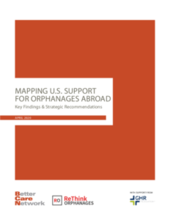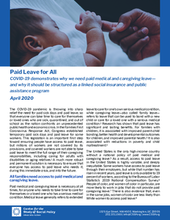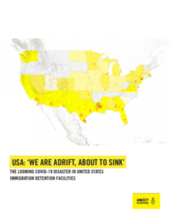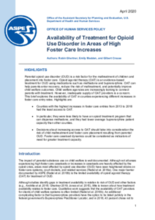This page contains documents and other resources related to children's care in the Americas. Browse resources by region, country, or category.
Displaying 941 - 950 of 3191
This comparative analysis will illuminate how injustices continue to be reproduced, focusing on the child welfare system, as part of the devastating effects that colonization has on Aboriginal peoples, but also as evidence of colonization being reproduced through current discriminatory legislation and practices.
This qualitative study utilized the experiential voices of current and former youth in foster care, caregivers, and agency staff to broaden the understanding of the needs of youth with foster care histories, as well as provide a contextual lens for exploring potential risk factors leading to homelessness.
The research objective is to understand the development of collaboration in relation to the multiple issues that influence the educational attainment of youth in out-of-home care.
This study intended to identify factors associated with receipt of mental health services by caregivers substantiated for maltreatment.
In this webinar, Barbara Fallon of the University of Toronto and Delphine Collin-Vezina of McGill University will share information from the new University of Toronto Policy Bench report, Child Welfare and Pandemics Literature Scan (Sistovaris et al., 2020), including current knowledge of child welfare and pandemics, the impact on children in the Canadian child welfare system, potential policy solutions that could mitigate the detrimental effects of pandemics, and the measures taken to control the spread of disease.
This report lays out the results of a preliminary mapping exercise to document the ways in which the United States supports and perpetuates overseas orphanages. It is based on: an analysis of existing data; a literature review of U.S government publications and investments; a review of non-profit organizations and foundation activities; an analysis of key supply chains and stakeholders; and the identification of existing data gaps.
This brief from the Center for the Study of Social Policy in the U.S. calls for "a much more robust and permanent solution to ensure that everyone has access to paid leave who needs it, during this immediate crisis, and into the future."
This report from Amnesty International outlines the "reckless response" of U.S. Immigration and Customs Enforcement (ICE) to the COVID-19 crisis, which threatens public health, and calls for the release of immigration detainees.
Parental opioid use disorder (OUD) is a risk factor for the maltreatment of children and placement into foster care. This brief explores the availability of opioid agonist therapy (OAT) in U.S. counties experiencing different increases in foster care entry rates.
This chapter focuses on the U.S. as the nation with the largest number of adoptions. Although adoptions represent a small portion of family growth, from a demographer’s point of view they are worth investigating.





